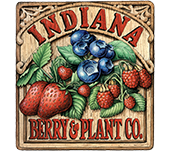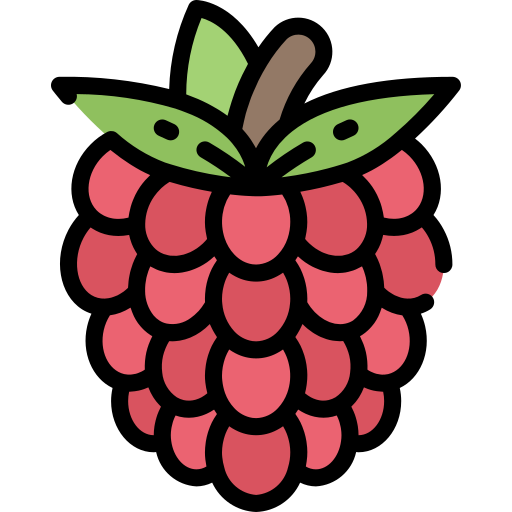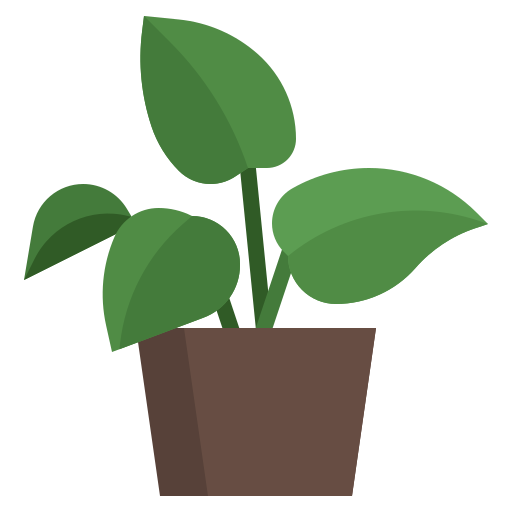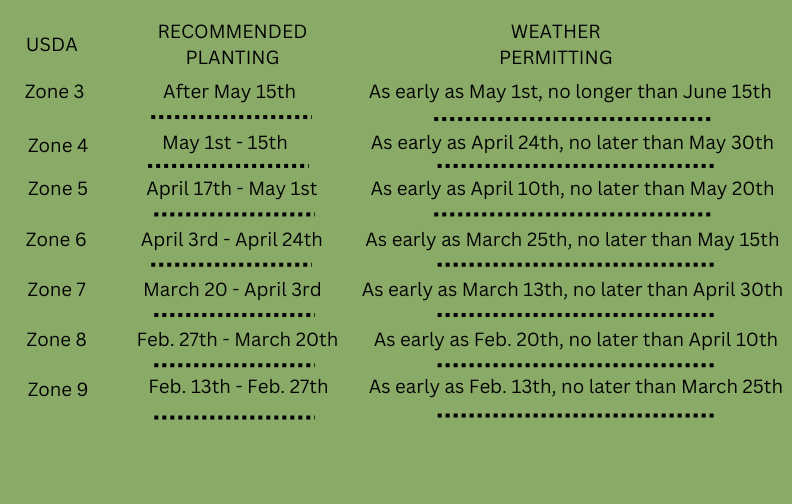(SOLD OUT 2026 SEASON) Elderberry - Marge (Self-Pollinating)
| Quantity | Price |
| 1-9 | $10.00 |
| 10-24 | $9.50 |
| 25 + | $8.00 |
Hybrid between the American Sambucus canadensis and the European Sambucus nigra which gives us an elderberry with all the characteristics of the European varieties but free from the diseases that plague so many. The berries are larger than the American varieties and "Marge" is also self-pollinating so only one plant is necessary for fruit production. Flowers form on last year's woody growth, so fruit will form the second year after planting. (Zone 4-8)






